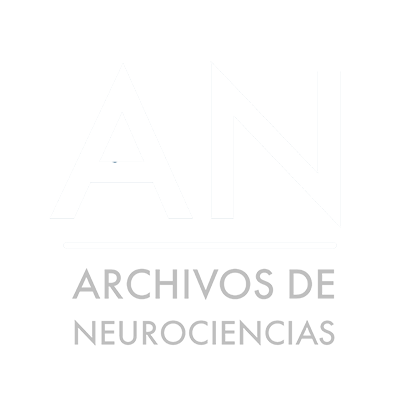Clostridioides difficile infection in a Mexico City neurological referral center Background.
DOI:
https://doi.org/10.31157/an.v24i4.185Keywords:
Clostridiodes difficile, colitis, epidemiologyAbstract
Clostridioides difficile is an important re-emerging pathogen and the primary cause of nosocomial diarrhea worldwide, particularly in high-income countries. Aim of study. To present a case series of Clostridioides difficile infection in a neurological referral center. Methods. Observational, retrospective study to present cases of C. difficile infection (CDI) in a neurological referral center in Mexico City from January 2016 to December 2018. Results. Sixteen inpatients developed CDI during the period of study. All infected patients received wide-spectrum antimicrobial therapy within six weeks before symptom onset. More than one-half of affected patients were females. Cerebrovascular disease was the main diagnosis on admission, followed by infectious diseases. Other risk factors included the administration of proton pump inhibitors, corticosteroids, and obesity. Conclusions. Neurological patients are prone to develop CDI because of a conjunction of several risk factors, indeed the concomitant use of corticosteroids, proton pump inhibitors and obesity / diabetes (before the use of extended-spectrum antibiotics). Antibiotic stewardship programs must be enforced to ensure the rational use of antibiotics in order to decrease the risk of CDI.Downloads
Published
How to Cite
Issue
Section
License
Copyright (c) 2019 Instituto Nacional de Neurología y Neurocirugía Manuel Velasco Suárez

This work is licensed under a Creative Commons Attribution 4.0 International License.
September 2022-present © Instituto Nacional de Neurología y Neurocirugía Manuel Velasco Suárez. Open access articles under the terms of the Creative Commons Attribution-NonCommercial 4.0 International (CC BY-NC 4.0) license, which permits use, distribution and reproduction in any medium, provided the original work is properly cited. No commercial re-use is allowed.
January-September 2022 © The authors. Open access articles under the terms of the Creative Commons Attribution-NonCommercial 4.0 International (CC BY-NC 4.0) license, which permits use, distribution and reproduction in any medium, provided the original work is properly cited. No commercial re-use is allowed.
January 2014-December 2021 © Instituto Nacional de Neurología y Neurocirugía Manuel Velasco Suárez. Open access articles under the terms of the Creative Commons Attribution 4.0 International (CC BY 4.0) license, which permits use, distribution and reproduction in any medium, provided the original work is properly cited.




